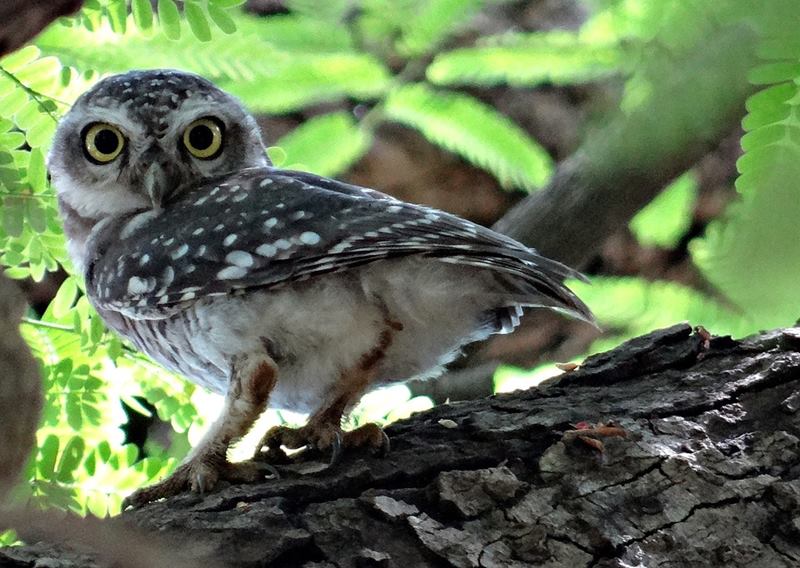On the occasion of International Owl Awareness Day today on August 4, wildlife conservation organisations have released an informative poster, ‘Imperilled by illegal wildlife trade: Owls of India’, to raise awareness about the owl species in India.
According to TRAFFIC, a wildlife trade monitoring network, owls in India are the victims of superstitious beliefs and rituals. Black magic practitioners, known as tantrics, prescribe the use of owl parts such as the skull, feathers, claws, heart, blood, eyes, eggshells, and bones for rituals.
Uttar Pradesh, Madhya Pradesh, Andhra Pradesh, Chhattisgarh, Jharkhand, Rajasthan, Gujarat and Uttarakhand have emerged as hotspots for this trade, TRAFFIC claims.
This, despite the fact that all 36 owl species in India are protected under the Wildlife (Protection) Act, 1972, making poaching, trading, or any other form of exploitation of the bird a punishable offence.
“The poaching and trafficking of owls in India have become a lucrative illicit trade resting on the wings of superstition,” Saket Badola, head of TRAFFIC, India was quoted as saying in the press statement issued today.
Also Read: All creatures great and small: The wetlands are home to a humming eco-system
TRAFFIC has identified 16 species of owls that are commonly trafficked in the illegal wildlife trade in India. TRAFFIC and World Wide Fund for Nature-India (WWF India), a conservation organisation working to protect and secure natural heritage and ecology, have come up with this informative poster to prevent illegal activity in the country.
“Lack of awareness about owls in the illegal wildlife trade and the limited capacity of enforcement agencies to identify them has made this illegal activity difficult to detect or curb. We are hopeful that our new identification poster will help to bridge this enforcement gap,” he added.
The poster ‘Imperilled by illegal wildlife trade: Owls of India’ is available freely for the enforcement agencies such as forest departments, police, Wildlife Crime Control Bureau (WCCB), Sashastra Seema Bal (SSB) and Railway Protection Force (RPF).
A webinar organised by TRAFFIC and WWF-India titled ‘Owls in Illegal Wildlife Trade’ today had several wildlife experts including Prachi Mehta, who is the executive director of non-profit Wildlife Research and Conservation Society and Ravi Singh, secretary general and CEO of WWF-India.
“Owls as birds of prey play a crucial role in balancing our ecosystem and as friends of farmers, keeping rodents in check. They also have a strong cultural significance and often elicit strong emotions ranging from fascination, awe, hate to disdain,” Singh said.
“The continuing trend of these birds being exploited for illegal trade needs to be negated through concerted action. A strong citizen support, generated through public awareness can go a long way in their conservation,” he added.



















